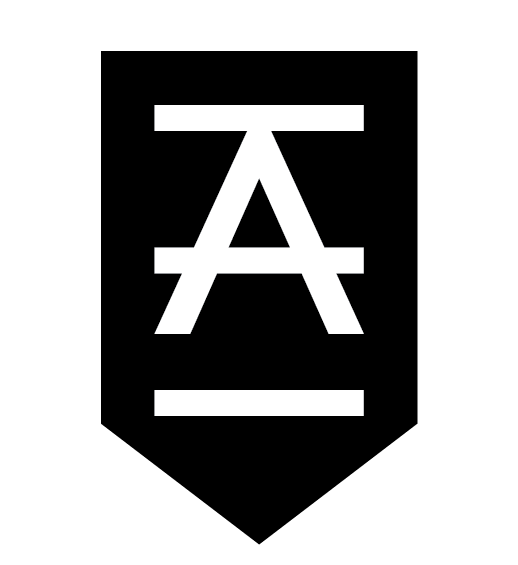3 ASSETS THAT ALL GREAT COACHES NEED
What do you need to be a great coach?
It is an important question.
One you may want to understand before you decide to enter the profession.
There is an unprecedented amount of exposure and information in the modern fitness scene. This can make finding an answer to this question difficult.
So, this blog will keep it simple and distill things down to 3 assets that will help you be a great coach.
But first, we need to define what a coach actually is.
Is a coach anyone that works with people in the fitness industry or do they have to work with elite athletes?
Is it safe to assume that they are skilled and competent? If so the definition of a great coach is now augmented tremendously.
To define yourself as a great coach you must first understand that a coach is not someone that just works with someone. A coach has the prerequisite skill and understanding of training principles and science to ensure their safety and maximize their performance.
If this is not realized, the word coach is diluted. See the following example:
I am really fast at math….
Quick what is 14+12?.....
74….
No that's way off….
I said I was fast, I didn't say I was good at math.
Sadly, this dilution of coaching is a reality we face. Every year there are thousands of people saying “I like working out, I should become a coach”.
They then prescribe to a shallow and predictable pattern of education.
This often leading to confirmation bias (we’ll get into that), reductionist logic (we’ll get into that), and dogma (you guessed it, we’ll get into that).
We can’t claim that this blog is an exhaustive resource to combat sub-par coaching. We can, however, guarantee that these assets will to help you become the best coach you can be.
1st Great Coach Asset: Problems First Solutions Second
Confirmation bias is dangerous.
It is essentially associating your own criteria for logic and reason to all situations and problem sets. It is dangerous, in part, as it can cause you to look at solutions before you truly know what the problem is.
Example:
You like squats and bench. A person comes to you with a torn labrum (hip or shoulder) and a herniated disk in the lumbar region (usually they come in pairs). Despite these injuries, you already have the answer for them before they even show up: squats and bench.
Defending that logic regardless of their lack of development, the recurrence of lots of injuries, and the client’s needs and wants, is not great coaching
The truth is all exercises have a time and place, all training philosophies have a time and place, all sequences or formats have a time and place.
Identifying the appropriate problem should precede finding the “solution”. People believe they are biased, myself included, but saying there is no alternative often is a result of lack of deeper understanding.
Which leads us to our 2nd Great Coach Asset.
2nd Great Coach Asset: Seeing the Bigger Picture
The human body is incredibly complex. We will not learn all the facets of the human body, mind and spirit anytime soon.
The infinite void of understanding has led to a huge market for educating trainers on what is the best method.
The reaction to something so complex is to reduce it down to smaller parts and piece it back together. This makes sense when learning if you are learning about a car or radio. It does not make sense when learning about people.
Taking a step back and focusing on the entire system, not just small individual parts is really important to do. Addressing one aspect and neglecting others leads to diminishing returns from training and roadblocks down the way.
Additionally, the world is constantly changing the parameters.
This creates a drastically different situation every time you train. The more understanding you cultivate, the better you get at predicting what to do and when to do it.
Great coaches see the macro better and make better micro decisions because of it.
3rd Great Coach Asset: Be Married to What Works in that Situation
Dogma is real; we identify and associate with styles of training to our core.
Someone that has success with a form of training with limited outside experience will want to prove that, regardless of its actual efficacy or better alternatives.
The idea that people you will train have to adapt to the things you have success with, regardless of their circumstances, wants, or needs is misleading and dangerous.
Laws and principles are the basis for all people’s training, but everything else is up for debate.
You can have great success with any number of exercises or methods to a point and then you won’t anymore. What do you in that situation is an indicator of your ability to detach from training dogma.
The things you have had success with do matter, but not more than the safety and performance of the people you train. You should focus on what is going to get them to point B with the least possible harm and in the fastest time table.
You are not simply a method or your training resume, you need to combine adaptability with extensive training and skills to help people. This needs to be built over time which is why great coaches view the world differently.
In summary
What is a great coach?
Someone that works with people and leverages multiple experiences, paying respect to physical laws and principles, to get results without harm for the people they are working with.
Great coaches put problems first and people first. They see the bigger picture. They focus on what works over what they prefer.
Hope that helps.
*If you are interested in learning more or want to be apart of an environment that is upholding this daily head over to https://www.allegiategym.com/about-index
